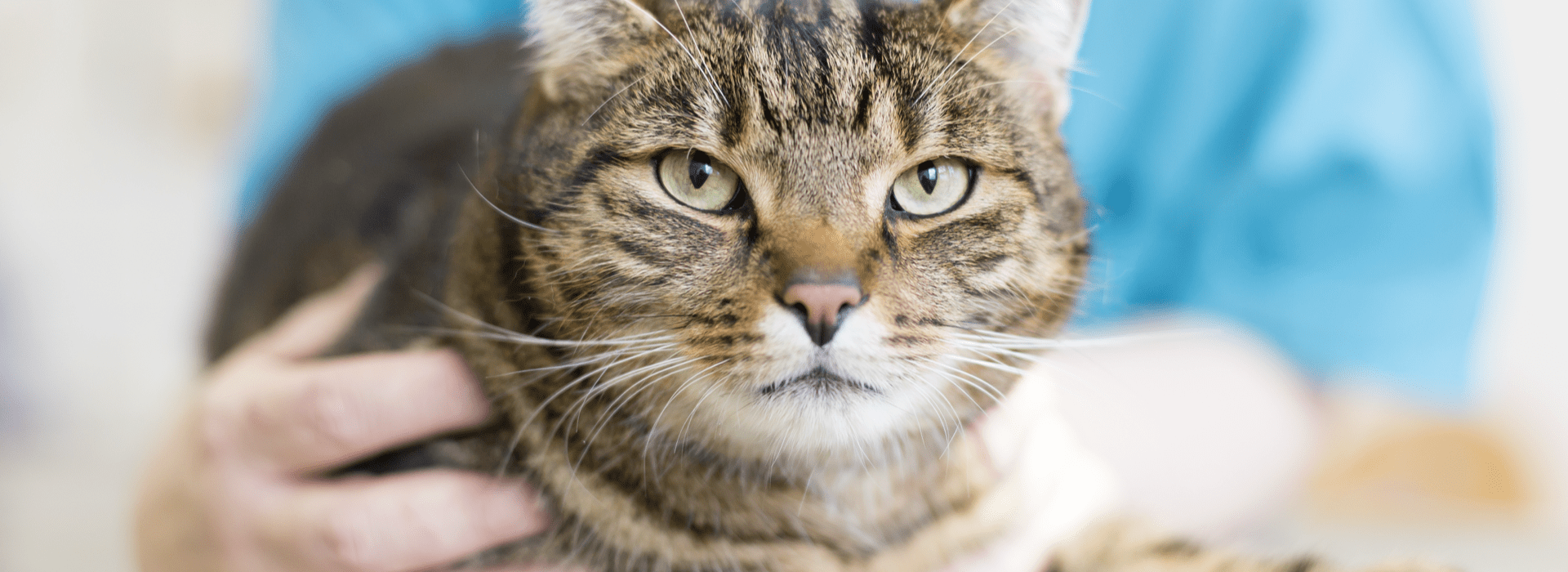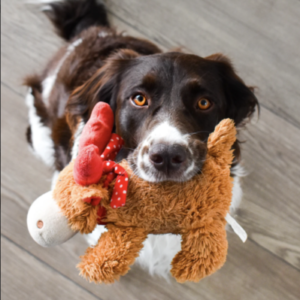Like you, we want your pets to be here for as long as possible. We offer a number of different services to make sure your geriatric pet is happy and healthy until the very end.
When is an animal considered geriatric?
Cats are generally considered elderly at 10 or 11 years old. However, the age may vary according to breed, size, health condition, etc.
Dogs are generally considered geriatric at seven years old. That said, this age may also vary according to the dog’s breed and size.
What kind of specialized senior care should my pet receive?
We recommend checkups twice a year for our geriatric patients. Your vet may also order blood work. Our staff uses these more frequent checkups to keep an eye on any abnormalities or health problems that your pet may develop as they age.
Diet also plays a very important role in your pet’s aging process. Your pet’s dietary needs will evolve as they get older. You will need to make changes to their diet and possibly give them dietary supplements to compensate for certain deficiencies.
Lastly, it’s important to learn how to adapt to your pet’s new lifestyle. They may no longer run as fast or as long as they used to or may want to play less frequently. Make sure that you respect their new pace and give them a quiet, comfortable place to rest.
What are the signs of aging in pets?
Aging signs in cats and dogs include:
- Changes in behaviour and habits
- Reduced or increased appetite
- Less energy and enthusiasm
- Digestive problems
- Difficulty with certain movements
- And more




